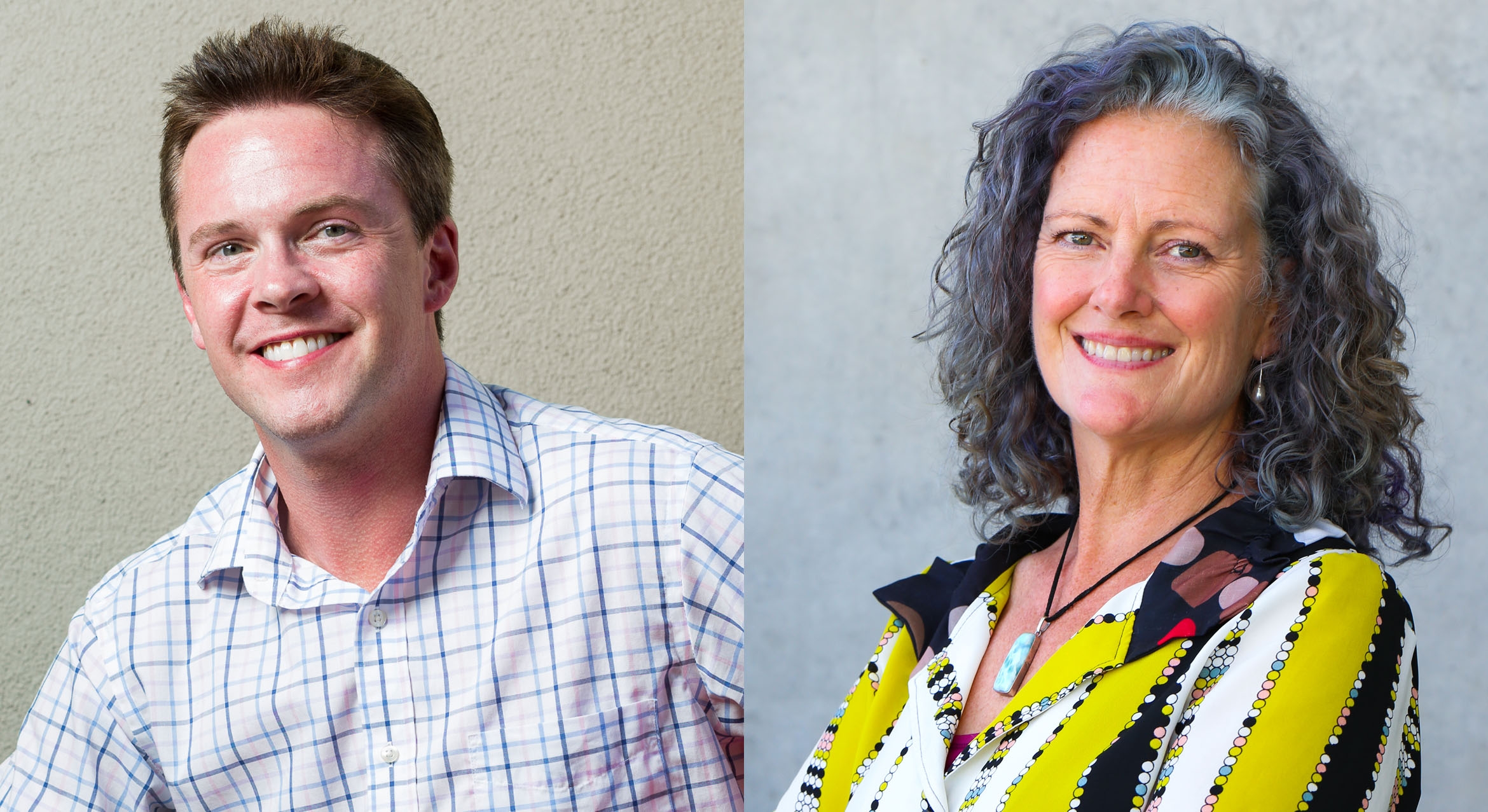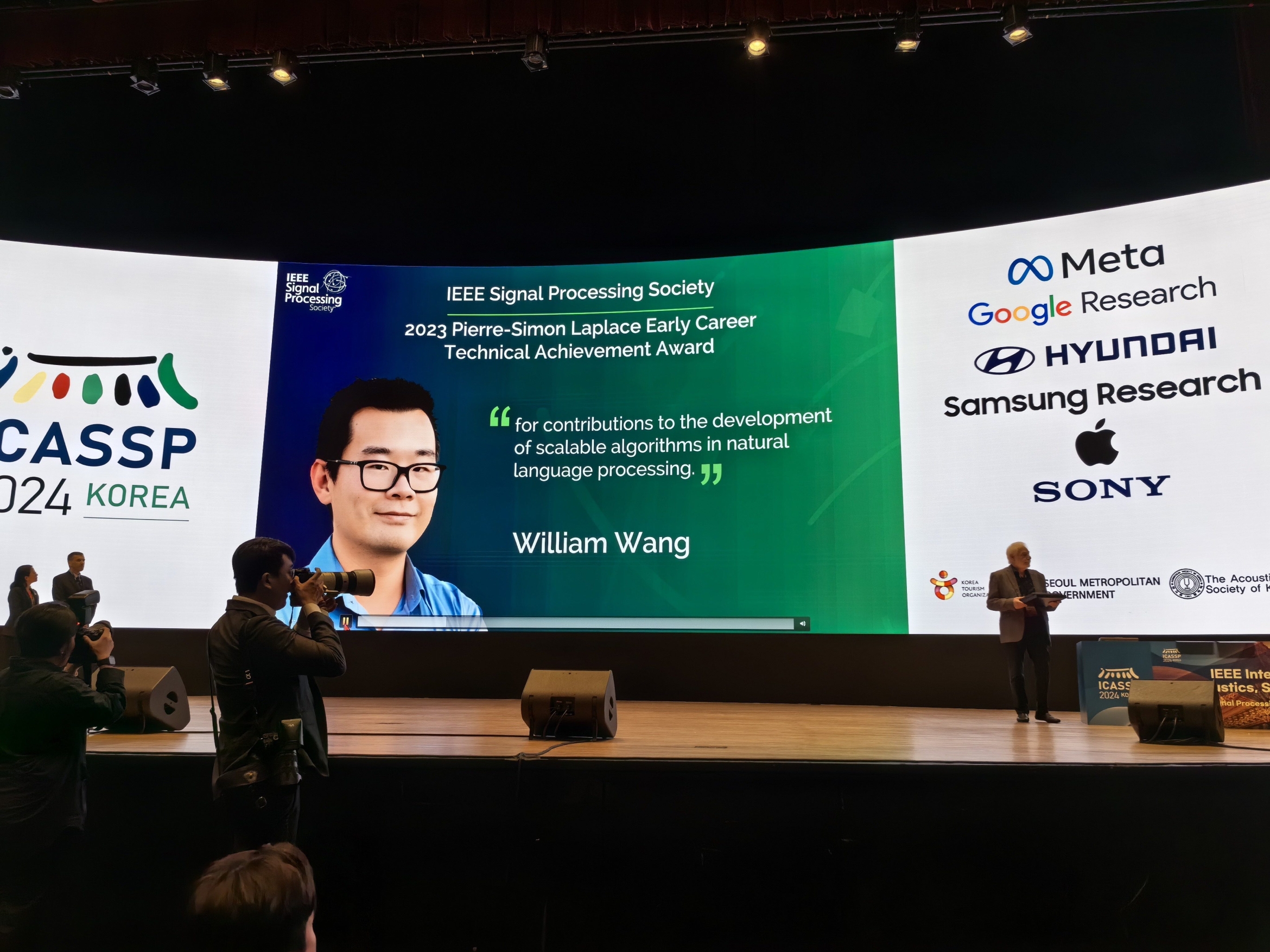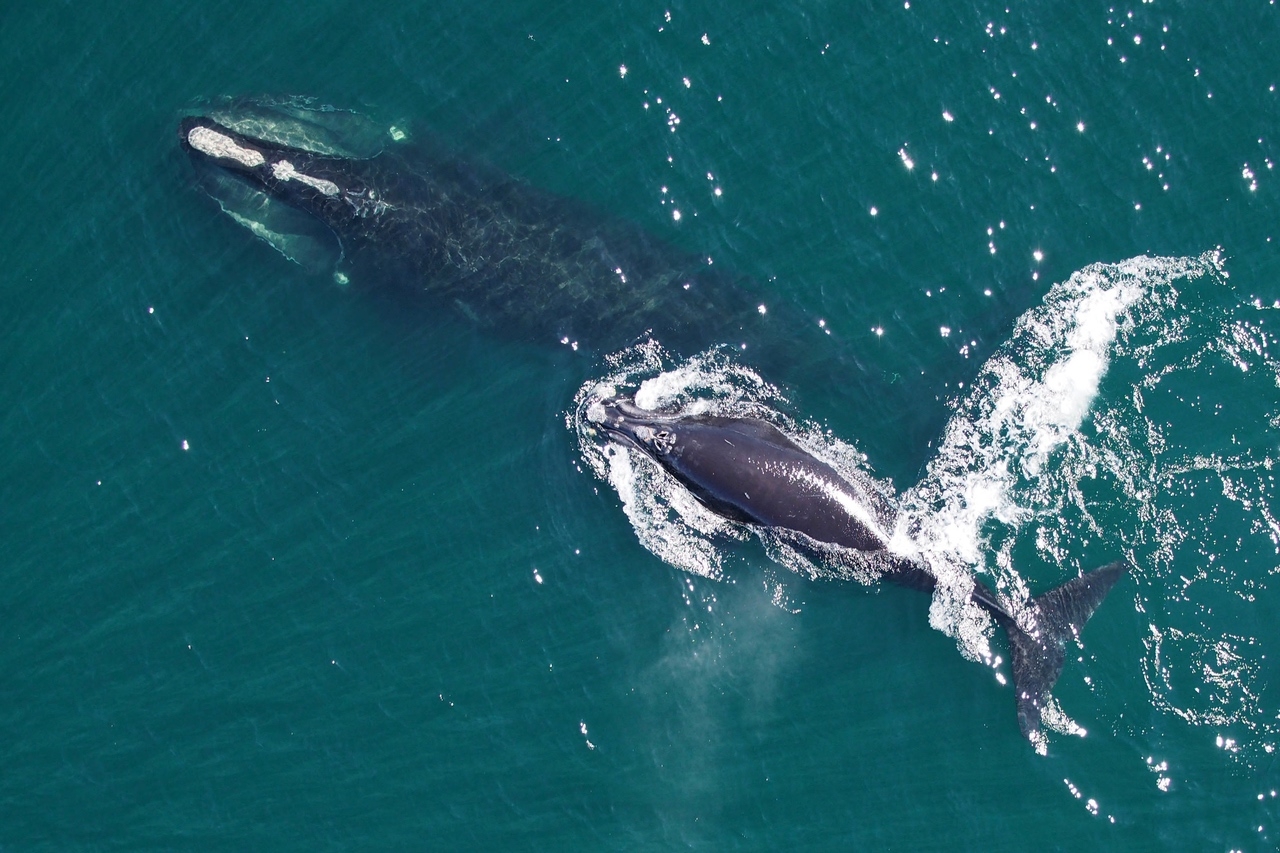The question of whether or not marine protected areas will work in California waters may be answered in part by a scientific survey of the newly established Cowcod Conservation Areas (CCA) and adjacent waters.
To do the research, The University of California, Santa Barbara (UCSB) and the National Marine Fisheries Service (NMFS) have been granted approximately $250,000 in funding from the David and Lucile Packard Foundation, along with submarine time worth $270,000 from the National Oceanic and Atmospheric Administration's National Underwater Research Program and NMFS Office of Protected Resources.
Milton Love, associate research biologist with UCSB's Marine Science Institute, and Mary Yoklavich, a research fishery biologist with the NMFS Santa Cruz Laboratory, will use a two-person research submarine to survey different species of fish inside and outside the 4,300 square mile CCA.This protected area was created in 2001 by the federal government in response to intense overfishing of the economically important cowcod.
The CCA is formed from a dramatic group of rugged offshore rocky outcrops located between 43 and 120 miles from the mainland. It the newest and largest marine protected area on the Pacific Coast. Bottom fishing in the CCA where cowcod and many
other economically important species live is illegal in waters deeper than 120 feet. The two researchers plan to survey fish and their habitat in waters between 100 and 1,200 feet deep. "We realize that marine protected areas are controversial," said Love. "One way to determine if the CCA is actually protecting fishes is to go down and count the fishes both inside and outside the reserve. That will give us a baseline from which to compare in the future."
Without this initial baseline and follow-up monitoring, Yoklavich said, "it will be impossible to determine what, if any, changes occur in the fish populations within and outside this refuge. We are fortunate that several government agencies and the Packard Foundation have recognized the importance of monitoring early on in this process."
Love said that the surveys will be conducted in October.
Note: Milton Love can be reached by phone at
(805) 893-2935 or by e-mail at (love@lifesci.ucsb.edu)



